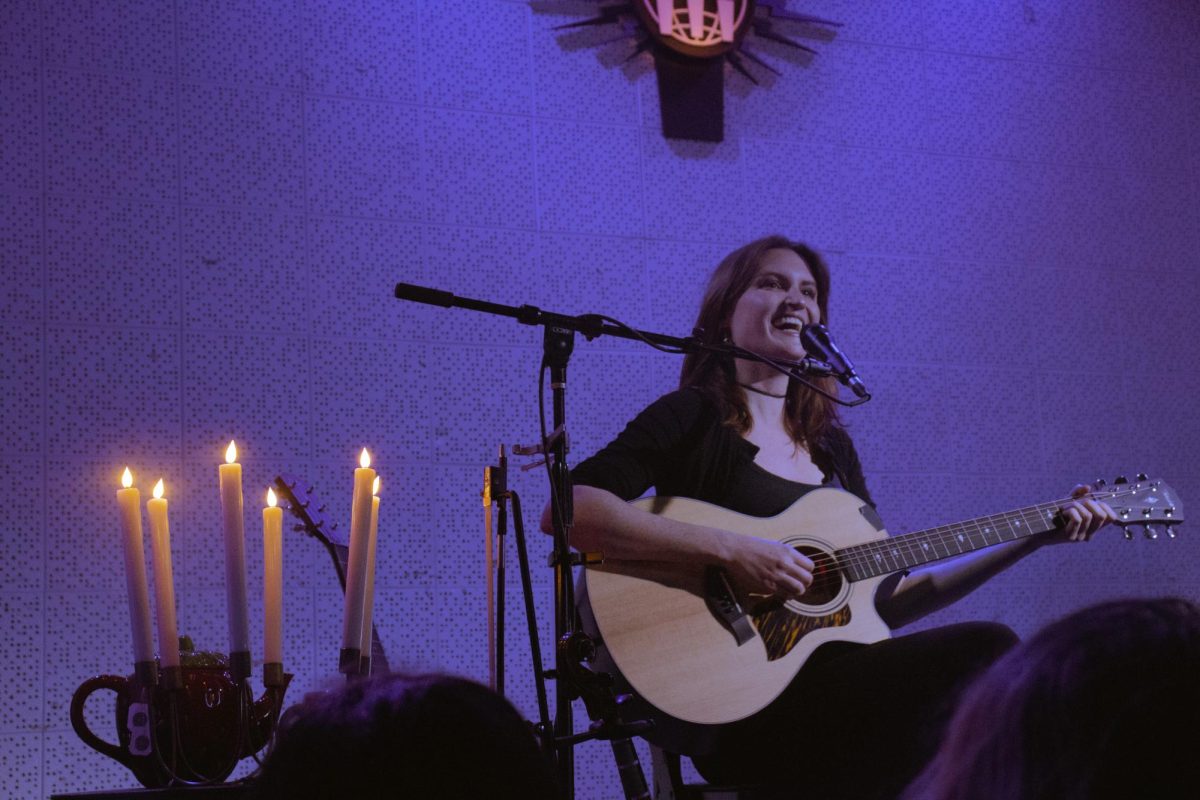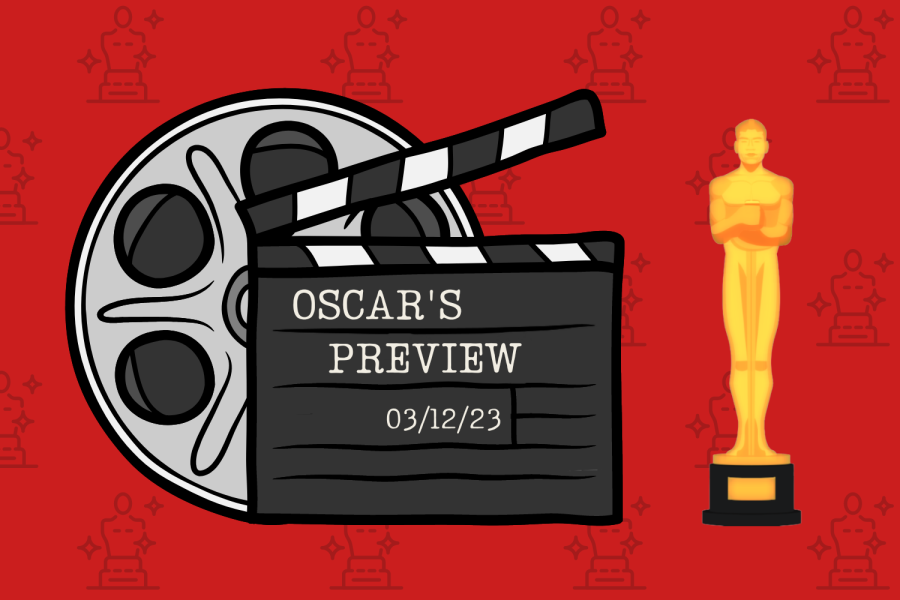The Marvel Cinematic Universe (MCU) has built perhaps the most successful movie franchise of all time over the past 20 years. Their movies are wildly profitable and crowd-pleasing, even if they’re a bit formulaic. The MCU was built off the backs of heroes largely unknown to the public outside of comic book circles, such as Iron Man, Black Widow and the Guardians of the Galaxy. When DC Comics launched their competing franchise with “Man of Steel,” it seemed like they would take the MCU’s crown; after all, they delivered comic book icons in Superman, Batman and Wonder Woman. However, their attempt to build the franchise was largely a failure.
They tried to make dark, gritty films in the style of “The Dark Knight,” but poor scripts, bad villains and weird story choices derailed these efforts. Even “Wonder Woman,” the sole bright spot in the early DCEU movies, was bogged down by an overwrought third act. After the flop of “Justice League,” it’s clear that Warner Bros. and DC decided to pivot from extremely referential, interconnected universe molds to characters lended to interesting filmmakers with a clear vision for their stories. This has resulted in a quick cinematic turnaround for the franchise. “Shazam” was a really fun coming-of-age story with a great Zachary Levi performance, and “Joker,” while not technically set within DC’s continuity, is nominated for 11 Academy Awards, which is unheard of for a comic book movie. “Birds of Prey” continues this trend, as it is a fun (if flawed) romp that doubles as a course-correction for one of DC’s most marketable characters: Harley Quinn.
This movie kicks off with a cartoon sequence depicting Quinn’s childhood and her relationship with the Joker; at the end of this, we see that the Joker has broken up with Quinn (mercifully, Jared Leto’s Joker does not appear in this film). Without his protection, all the residents of Gotham who have a grievance against Quinn begin to come out of the woodwork to enact their revenge. In order to save herself, she must find a diamond that holds the key to a fortune. She’s not the only one looking for it, though; she crosses paths with many others throughout the course of the film who are looking to give the diamond to Gotham’s ambitious crime lord, “Black Mask” Roman Sionis (played by Ewan McGregor).
This movie wouldn’t have come together without its stellar cast. Robbie’s take on Harley Quinn has evolved from her clinically insane character outline in “Suicide Squad.” Here, she develops from an out-and-out villain to more of an antihero, as we see more background on her character. This is a welcome change, as it furthers her from the Leto Joker and all of that performance’s baggage. In addition, Mary Elizabeth Winstead’s Huntress steals the spotlight in all of her scenes. The character has a very dark backstory and could have easily dragged down the movie’s light tone, but her clear social awkwardness makes for some of the funniest moments in the movie. Finally, McGregor is far and away the best villain we’ve seen so far in the DCEU. He’s gleefully evil and hamming it up to a degree we rarely see in comic book movies. Similarly to Huntress, his character is both very intense and laugh-out-loud funny.
One of the things that makes “Birds of Prey” stand out from its fellow DC movies is its R rating. This allows it to make artistic choices that are rarely seen in superhero movies—specifically, its humor and violence. This movie uses a different kind of humor from what we usually see in these movies; rather than the quips of the MCU or the fourth-wall breaks of “Deadpool,” this movie relies on its characters and the director’s choices to make the audience laugh. The jokes won’t land with everyone, but my theater was laughing throughout the film. One of the funniest gags in the movie is the stylistic choice to introduce characters with a graphic describing their grievance against Quinn. This introduces some fantastic displayed complaints such as “brother fed to hyena,” “voted for Bernie” and a crossed-out eggplant emoji.
Quinn’s change in character also lends to this; her funniest lines are no longer centered around her mental problems but instead her general irreverence and penchant for violence. That penchant is very visible in this movie, which contains some of the most brutally violent scenes we’ve seen in recent superhero releases. Chad Stahelski, the director of the “John Wick” franchise, joined this film as a second-unit director. These positions are usually responsible for filming the action sequences in these types of movies, and his influence is evident in those scenes. Legs are snapped backwards, hand grenades tear people into pieces and we watch a mafia boss die slowly of an arrow through the neck. The movie’s soundtrack also seriously upped the game, featuring trendy songs from Megan Thee Stallion and Halsey, among others.
One issue I had with this movie is its title. This is not a movie about feminism and women teaming up together until the finale, so, for the most part, this is a stand-alone Harley Quinn plotline. Out of the remaining four women on the team, the least interesting characters get the most screen time. Renee Montoya has a particularly flat arc throughout the film, yet she likely has more scenes than any of the other characters besides Quinn. On the other hand, Huntress had a lot more emotional depth and interesting ideas to explore, but she was in the movie for less than 15 minutes.
“Birds of Prey” also lost brownie points because of what I perceived to be a lack of emotional depth and thin storyline. This movie feels like it should position itself to some degree on a feminist stance against abusive relationships, but it doesn’t quite know how to get the message across effectively. This movie’s full title is “Birds of Prey (and the Fantabulous Emancipation of One Harley Quinn),” but the shift to an emancipated Quinn is pretty sudden, and I don’t feel like we get the necessary background and gradual characterization to justify this. Overall, this movie isn’t as emotional as it could have been given the subject matter. I am glad, however, that they acknowledged that the relationship between Harley Quinn and Joker had been abusive, as the romanticizing of their bond in “Suicide Squad” was one of the biggest problems I had with that movie.
All in all, I had a lot of fun with “Birds of Prey,” which I rank as my second-favorite movie so far in the DCEU (behind “Wonder Woman”). If the humor doesn’t land for you, you’ll likely realize your disappointment pretty early on in the movie. However, the stylistic flourishes, violent action and great performances add up to a strong start to the decade for superhero movies. It’s not great, but it’s good, and that’s exactly what the DCEU needs at this point.
Score: 78/100



